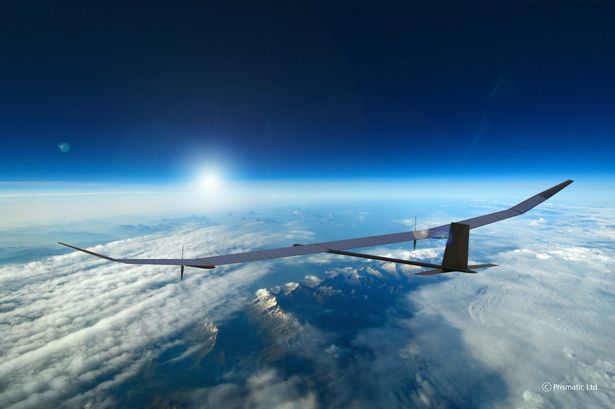×
The Standard e-Paper
Fearless, Trusted News

While 5G networks are now available in some big cities, in more remote areas, access to these networks is still very limited.
But that could be set to change, thanks to a new solar plane that can stay airborne for up to a year at a time.